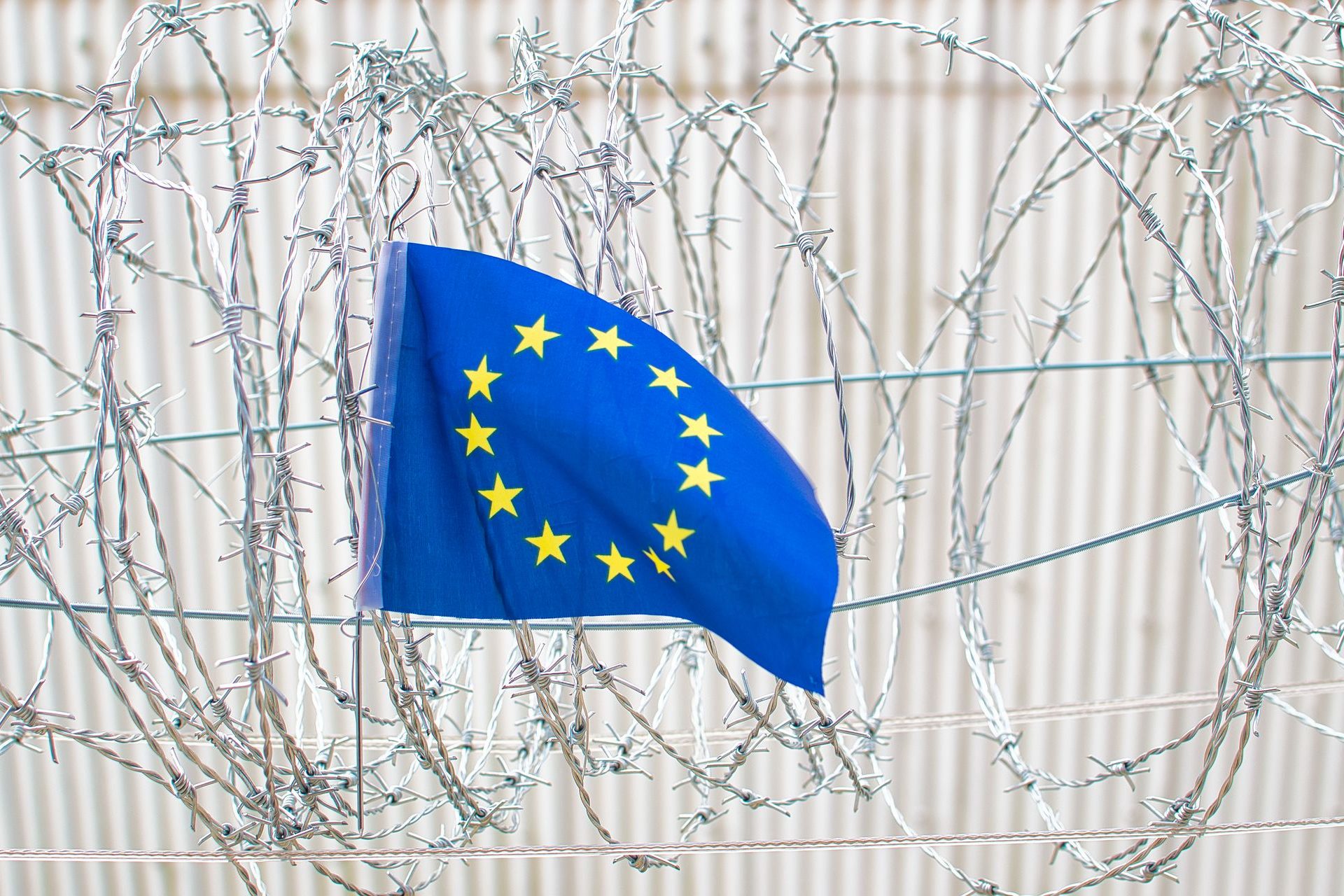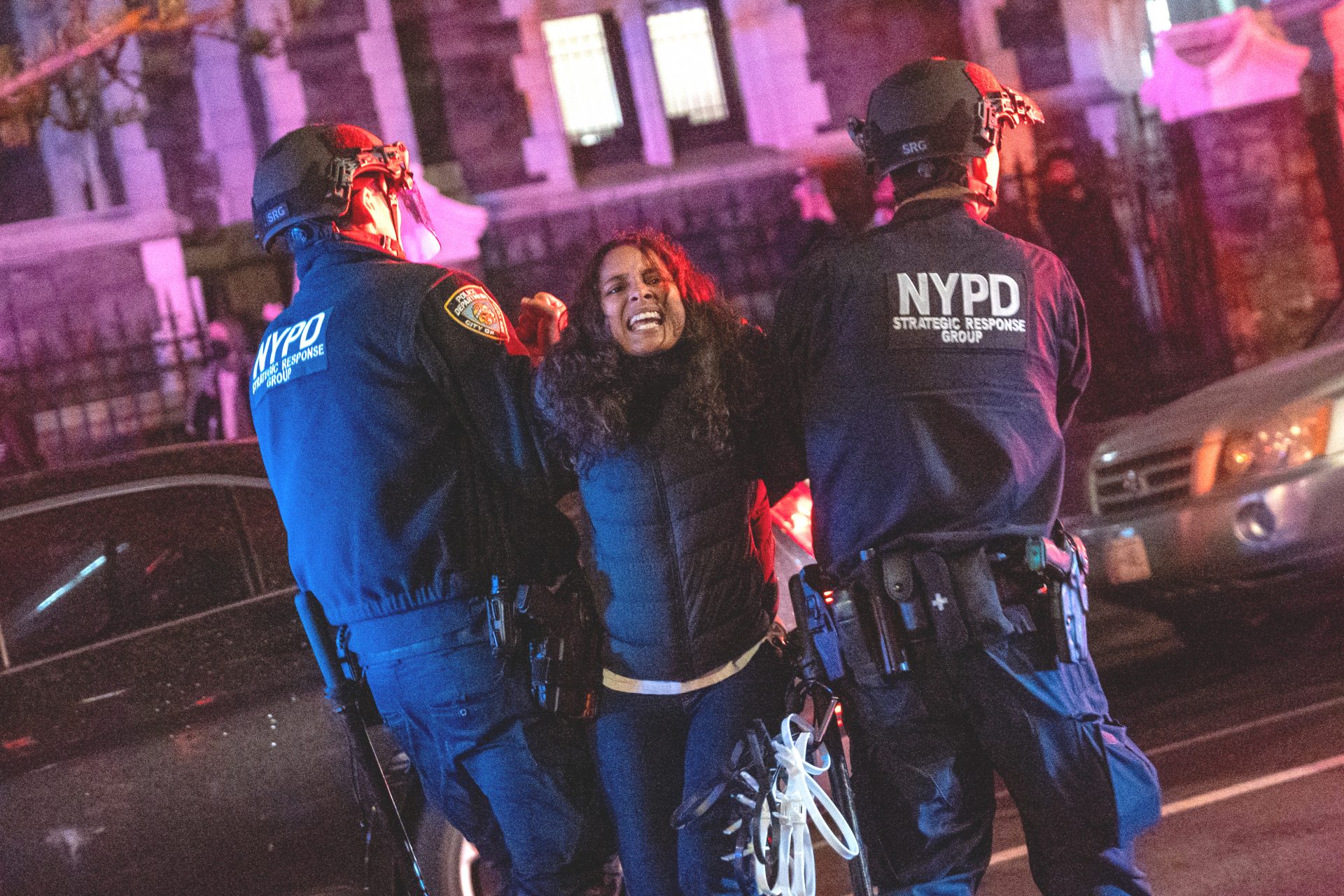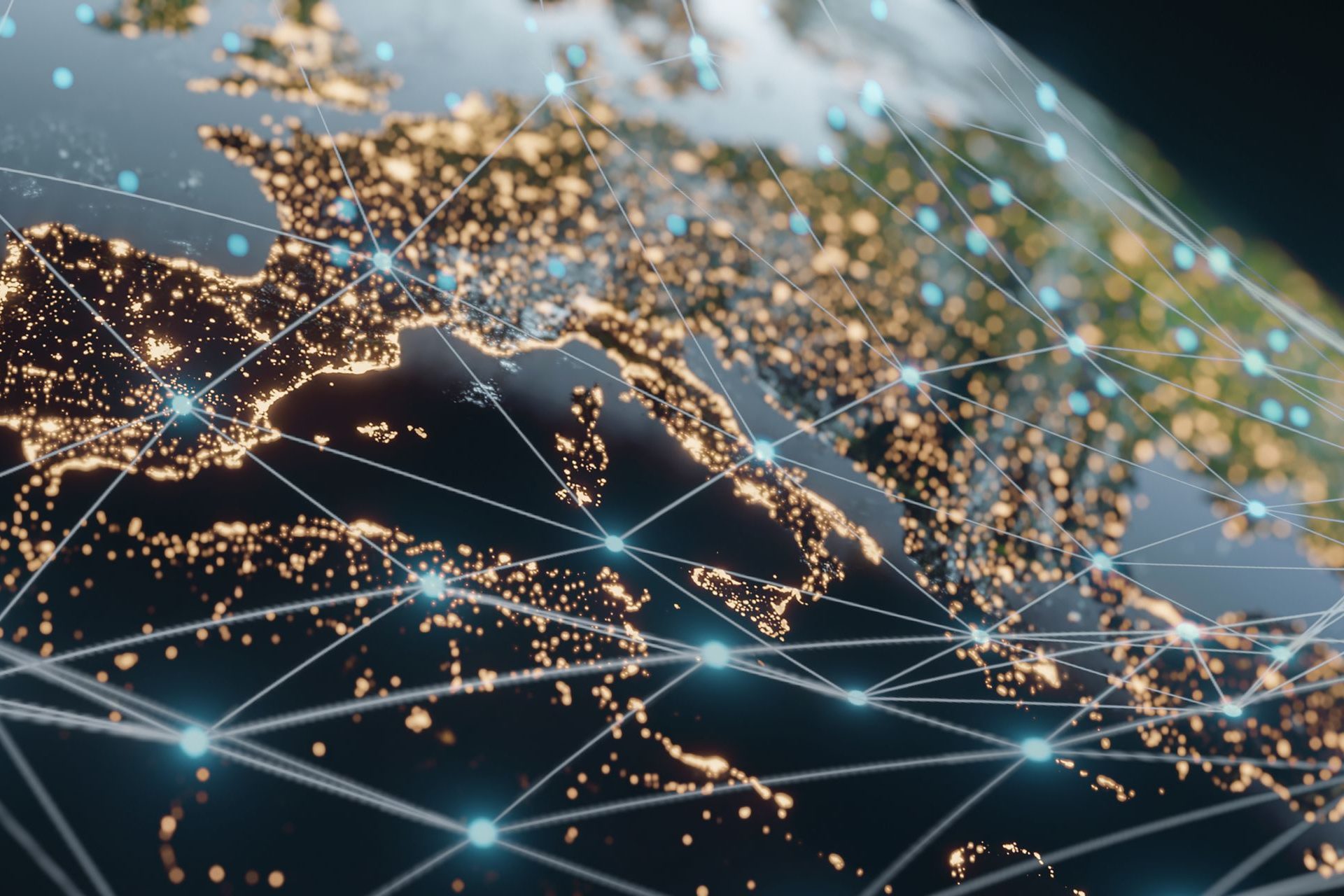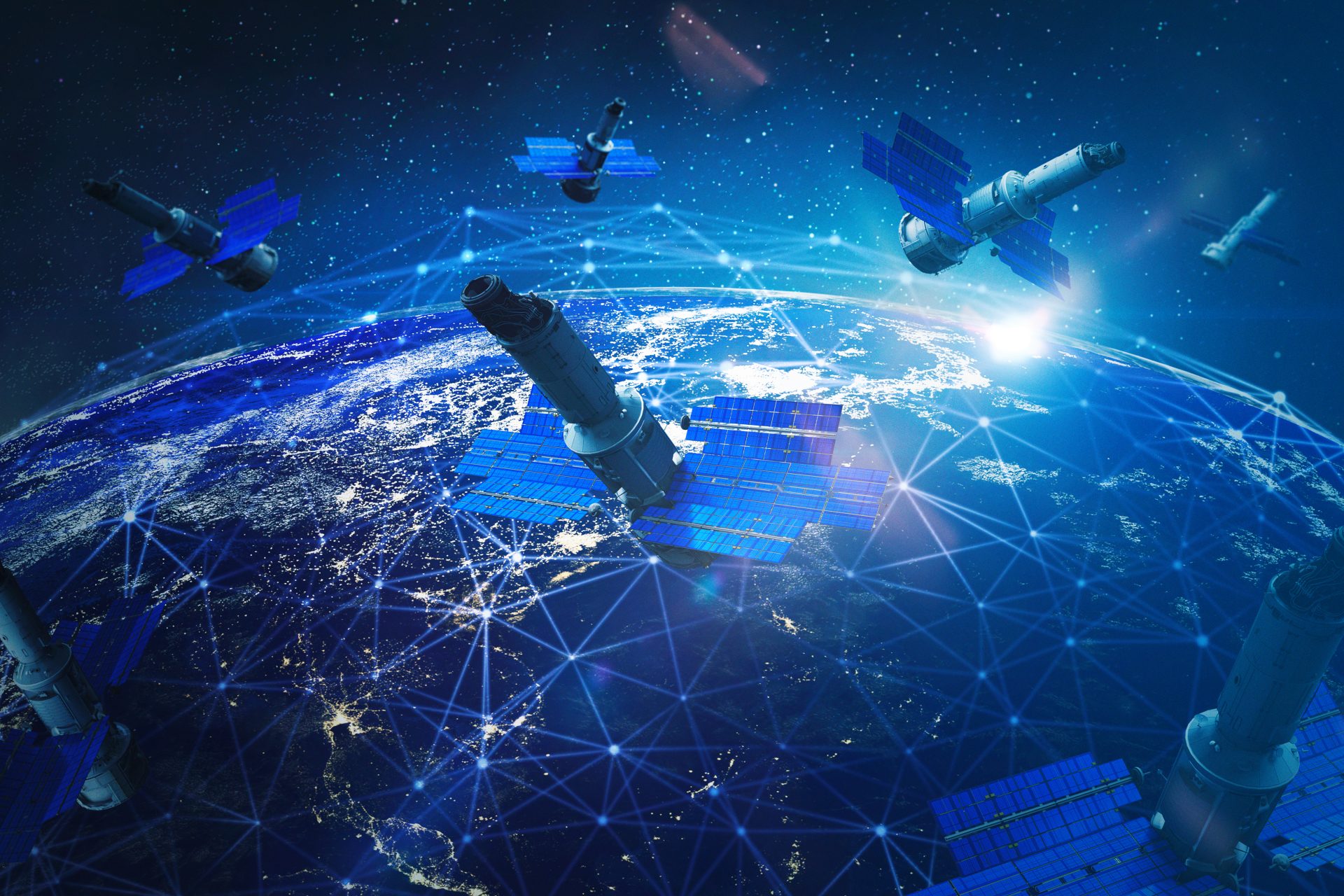Artificial Intelligence - incredible advances that can help us in many aspects of life
Technologies with Artificial Intelligence increasingly support us in health, astronomy, tourism, culture, and more. This gallery shows the latest developments.
Sophia is a humanoid robot created in 2016 by Hanson Robotics from Hong Kong. The automaton not only reproduces human gestures, but it can also talk and recognize faces.
The more she interacts with humans, the more knowledge Sophia acquires. Initially, Sophia was designed to keep the elderly company.
Robotics has also helped people with reduced mobility or even paralysis. Devices with biometric sensors detect the nerve signals that the brain sends to the extremities of the body, causing them to move.
In 2019, the French company Clinatec developed an exoskeleton in partnership with the University of Grenoble.
This AI-body could help a tetraplegic person move their legs and arms through signals captured by two small implants in the brain.
Several hospitals in the world use the Da Vinci robot to perform operations. Instead of having direct contact with the patient, the doctor controls the arms of the machine from a console.
The robot can perform several types of procedures with more precision than the surgeon. In Pennsylvania, Da Vinci was able to extract a tumor from the patient's mouth in 2017.
An android named Michihito Matsuda was a candidate for mayor of Tama, a district in Tokyo. It came in third after the vote.
The robot, which had feminine physical characteristics, promised "fair and balanced opportunities for all."
More than 700 million people in the world suffer from mental disorders. The American technology company IBM has teamed up with neurologists to develop a tool that measures the complexity and coherence of patients' speech.
Through this process, it can predict more accurately whether there are signs of psychosis in a person's behaviour or speech.
In 2019, the Lullaai company launched an application of the same name that tracks a baby's sleep habits and the sounds surrounding them. Building on that, it creates routines according to the needs of each family.
Facebook is one of the world leaders in the field of Artificial Intelligence. Among its projects is conversation software with bots.
In 2017, the bots Bob and Alice went beyond what Facebook had programmed for them. The software had to be turned off because they began to communicate in their own language.
Hatsune Miku, whose name means "the first sound of the future," performs live shows and even opened for Lady Gaga during her entire tour. Miku was developed by the Japanese company Crypton Future Media with the software Vocaloid.
Aggressive, threatening or harassing language can be identified by bots trained to analyze corporate communications. The technology comes from the company NexLP and is also implemented by Instagram.
A data set applied to the ConvNetQuake neural network has opened up the possibility of predicting earthquakes. The technology was developed by machine learning experts from Google (another major leader in the field of AI), and scientists from Havard University.
A Convolutional Neural Network is AI that processes and analyzes images. Scholars at the University of Heidelberg have discovered that this AI can detect more melanomas than doctors.
Google has analysed thousands of mammograms with a specialized AI system. The program can find the disease in breast tissue more effectively than radiologists. The technology is still in the testing phase.
Juniper Research says that companies can save about $7 million if they replace employees with chatbots for customer care. But the figure can also easily go up to $439 million in a few years.
Tourism is another sector that uses data and information to offer an increasingly personalized service to the user. Companies like Destinia have already begun to use chatbots for travel reservations.
The virtual assistant developed by the giant Amazon has several abilities, from maintaining a dialogue with the user to controlling other devices such as television, lights or appliances.
Blockchain is a Distributed Database that keeps a permanent and tamper-proof record of transactions. It is the technological basis of cryptocurrencies. The company SingularityNET has combined Blockchain with Artificial Intelligence to develop a more effective system that can consult and monetize data for the benefit of the user.
A special 3D simulation model of the universe, using Artificial Intelligence, was created in 2019 at the Flatiron Institute (USA). Having been trained with more than 8,000 simulations from previous models, the algorithm was able to offer correct results with data that it did not even know, which surprised even the scientists responsible for its creation.
Amadeus Code is an Artificial Intelligence program that uses data from thousands of successful songs to compose first-rate lyrics and melodies.
Researchers from the Universidad Politécnica de Madrid (Spain) have developed a tool with a glucose meter that can analyse the monitoring data of pregnant women and make recommendations for their treatment. The technology was tested with 112 women, who could thereby significantly reduce their visits to the doctor.
V-Heart SN is the name of the cardiac computational model that nine universities and research centers are developing in Spain. The technology adapts to the characteristics of each patient to create more effective personalized treatments.
In January 2019, IBM presented the world's first quantum computer whose access (via the IBM Cloud) will be sold to interested companies. Until then, the technology only existed inside Microsoft and Google laboratories. Quantum computers have the ability to process complex data, which helps them transform entire industries, from aerospace to health.
Currently, startups such as BenevolentAI and TwoXar, in addition to IBM's IA Watson, are responsible for creating software that uses Artificial intelligence in the area of pharmacological research. The technology increases the chances of finding new drugs in less time than in a laboratory.
Woven is a developing app that synchronizes users' calendars and emails to plan events and organize schedules, including travel time. Its creators are two former Facebook employees who have already raised $4.8 million to fund the project.
More for you
Top Stories












































